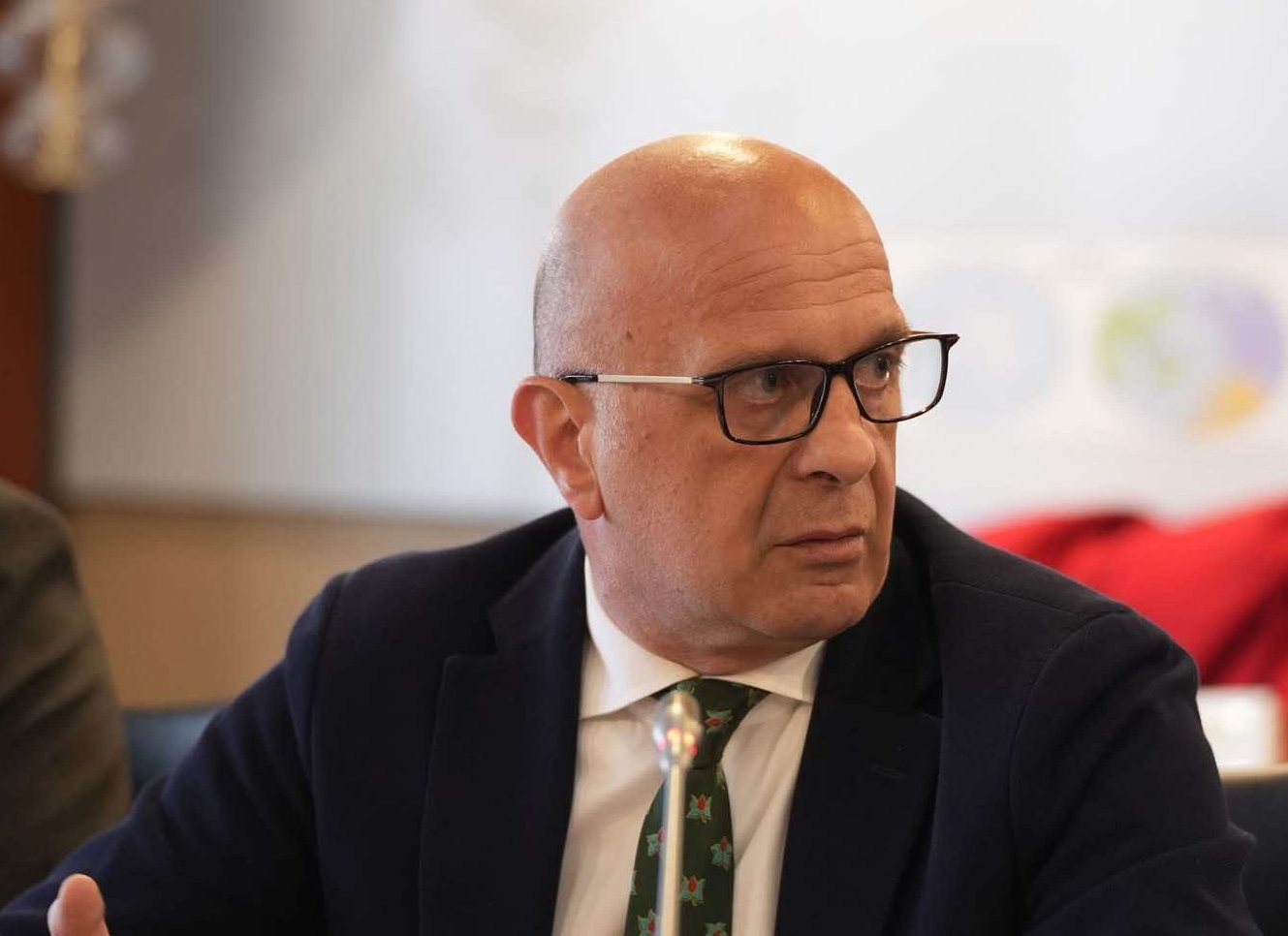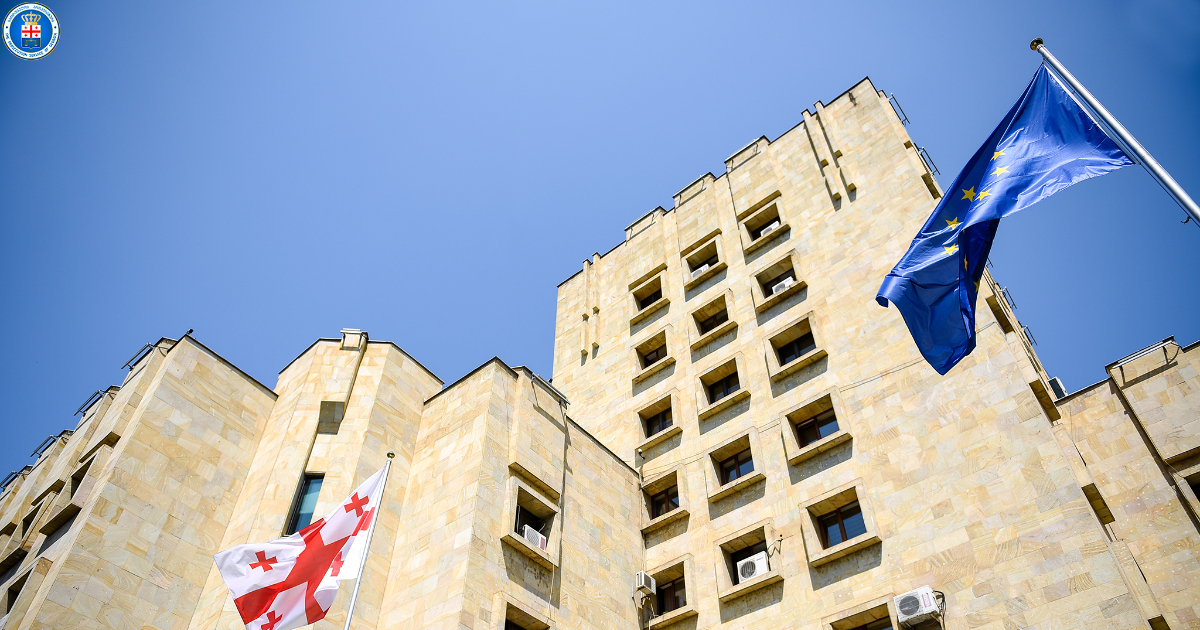Security analyst warns of risks for Georgia as US peace talks with Ukraine canceled

Author
Front News Georgia
Following the abrupt cancellation of peace talks scheduled for Wednesday in London, tensions have escalated between the United States and Ukraine. The meeting, which was set to include the foreign ministers of the US, UK, France, Germany, and Ukraine, has been postponed, with future discussions now to take place behind closed doors.
The cancellation coincided with a sharp statement by US President Donald Trump, who criticized Ukrainian President Volodymyr Zelenskyy, saying Ukraine’s situation is dire and that Zelenskyy “can choose peace or continue fighting for three more years before losing the entire country.”
Front News spoke with security expert Andro Gotsiridze to assess the implications of the canceled talks, the broader geopolitical context, and what this could mean for Georgia.
Q: The cancellation of the London summit reportedly stems from US dissatisfaction with President Zelenskyy. In your view, how did the issue of Crimea become a breaking point in relations?
Andro Gotsiridze: For President Zelenskyy, the red line is Crimea. From a Georgian perspective, it’s easy to understand. If someone proposed peace talks in exchange for us giving up Abkhazia or Tskhinvali [the currently Russian-controlled Georgian territories], would we accept that? Certainly not. The same applies to Ukraine. There’s no alternative response Zelenskyy could have given.
International law is clear – borders cannot be changed through force. If even one precedent is allowed, we’ll open the door to powerful countries annexing territory and then demanding recognition. This would destabilize the world order. While the Trump administration appears to be seeking a quick resolution based on compromise, this isn’t a business transaction. I do hope the positions of Ukraine and Russia will move closer – but that does not mean Ukraine will ever legally recognize occupied territories.
Q: Trump’s envoy Steve Witkoff reportedly discussed the four occupied Ukrainian regions with Putin. There’s talk that Russia may offer a ceasefire in exchange for recognition of Crimea. What’s your take on this?
Andro Gotsiridze:That’s exactly the trap Putin is trying to set. If the West accepts the annexation of Crimea, what’s to stop Putin from demanding the same for the other regions? Some voices in the US suggest Crimea is Russian-speaking and hasn’t been under Ukrainian control for a decade, so it might be better to cede it. But that logic is extremely dangerous.
If Crimea is recognized, other breakaway regions around the world will be next. It’s not just about Ukraine anymore – it’s about global precedent.
Q: Some observers say the Trump administration is shifting away from Europe and traditional alliances. What does that mean for countries like Georgia?
Andro Gotsiridze:The US seems to be moving toward a transactional foreign policy, focused on short-term deals. This could be seen as abandoning the principles of international law. If the US steps back from defending democracy and legal norms, its own influence will erode – not just in Europe, but globally.
Still, the US is not a monolith. America’s institutions, its system of checks and balances, prevent drastic foreign policy reversals. While there may be more attention on the Pacific, I don’t believe the US will fully withdraw from European affairs. But even the perception of such a shift is deeply troubling for Georgia and other nations relying on Western support.
Q: US Secretary of State Marco Rubio recently said that the US may “switch to other priorities” if progress isn’t made. Trump also hinted at withdrawing from the peace process altogether. Do you see this as a real threat or just a negotiation tactic?
Andro Gotsiridze: It could very well be blackmail. Trump approaches diplomacy like a business deal. In that world, using pressure and threats is part of the game. I wouldn’t take every statement at face value. Still, such rhetoric is dangerous – it signals instability and affects regional security, including ours in Georgia.
Q: Trump is nearing his 100th day in office and promised to end the war. Do you think the London talks were a sign that he’ll now bring Europe more directly into the negotiation process?
Andro Gotsiridze: The Ukrainian issue cannot be solved without Europe. Ukraine’s security is European security. While Trump may prefer bilateral talks with Russia, that will not work. No resolution can come at the expense of Ukraine’s sovereignty.
Let’s not forget – Ukraine now has one of the strongest and best-equipped armies in Europe. It may have internal issues, but its resilience has forced Russia to stretch its resources, even bringing in convicts and North Korean support. The idea that “big powers will negotiate while Ukraine waits” simply doesn’t reflect reality anymore. Ukraine has earned its place at the table through sacrifice.
Q: Some analysts say a breakthrough depends entirely on Putin. Do you agree?
Andro Gotsiridze: Yes and no. Putin certainly holds the key – but he doesn’t want a ceasefire, not yet. Logically, he should. Russia’s economy is suffering, and his military is stretched thin. He knows this. But he’s still bargaining – hoping to keep what he’s taken and maybe even more.
The so-called Easter ceasefire was just theater. Airstrikes continued. It was meant to show the US that he’s open to negotiation, while still pressing forward.
The only way to force a real ceasefire is to support Ukraine on the battlefield. When Putin realizes he cannot win, then he will turn to diplomacy. That’s the only strategy that can work. Trying to appease him won’t bring peace – and Trump won’t be able to keep his promise unless he accepts that.
By Elza Paposhvili
Tags:





